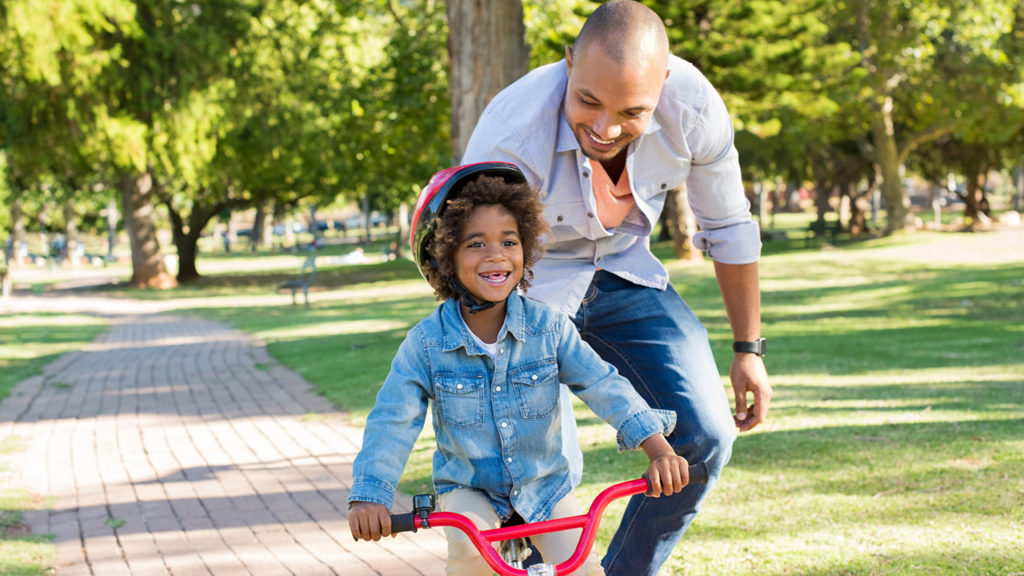For parents, the coronavirus pandemic has created unprecedented challenges never experienced before in their families’ lives. Parents have had to wear many hats as they take on the responsibility of a child’s education while managing other responsibilities as caretakers and providers.
The world continues to change on an almost daily basis. Students and parents could face anxiety when heading back to school during a pandemic, especially when that same pandemic snatched away the end of the last school year and normal summer activities. With all of this going on in the world, it is normal for children and families to feel anxious and stressed.
Schools are trying to find ways to safely return to classrooms at some point in the school year. In the meantime, most students will be once again dealing with online learning. And, even when classroom learning resumes, there are no guarantees it will last, with the threat of another outbreak always looming.
Switching to distance learning during a school year was a challenge for all involved: students, teachers, parents, and school administrators. As COVID-19 continues to evolve and change how we operate, a “we’re all in this together” mentality can help, too. Assure kids that every child is facing the same situation and teachers will work with all of the children to help them do their best.
Talk to your kids and ask them what their questions are. Keep in touch with teachers and the school. Gather their feedback, and offer some of your own. With high stress levels, there are some signs to look for in your children as they head back to school during this pandemic. Look for physical signs, such as headaches, body aches, bellyaches, nausea, vomiting, or diarrhea. Some behavioral complaints may be avoidance, trouble concentrating, trouble focusing, and problems falling asleep. Young children might throw tantrums, while older kids might be rebellious, agitated, or irritable.
We are all in this together, and if you would like to talk to a mental health professional about your child’s anxiety, or your own, call Aurora Mental Health & Recovery at (303) 617-2300.
